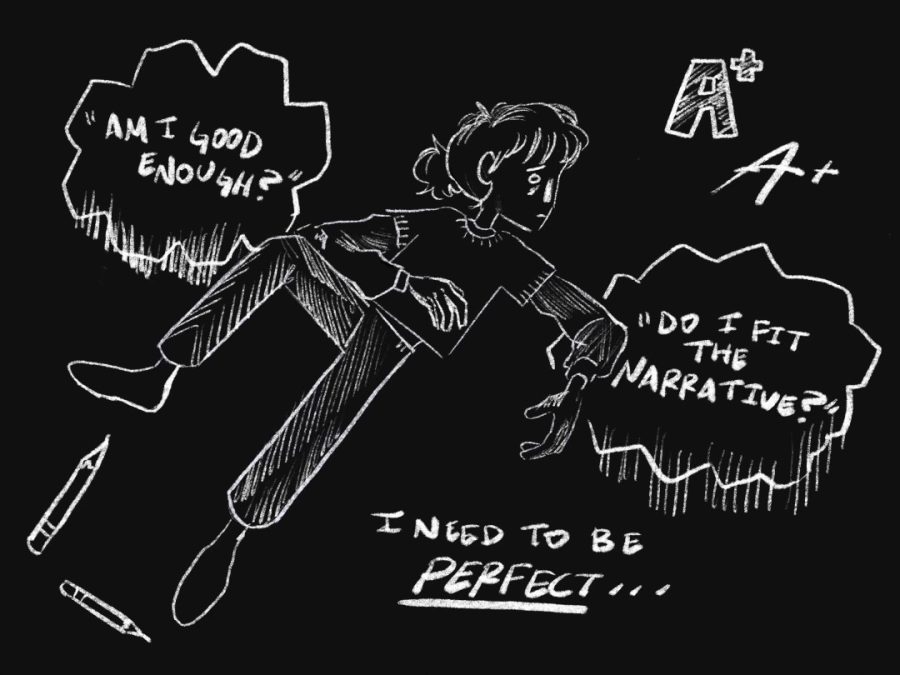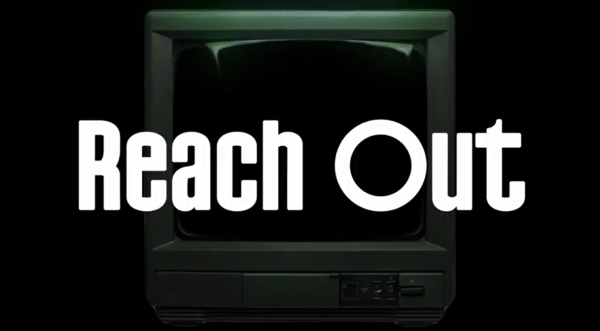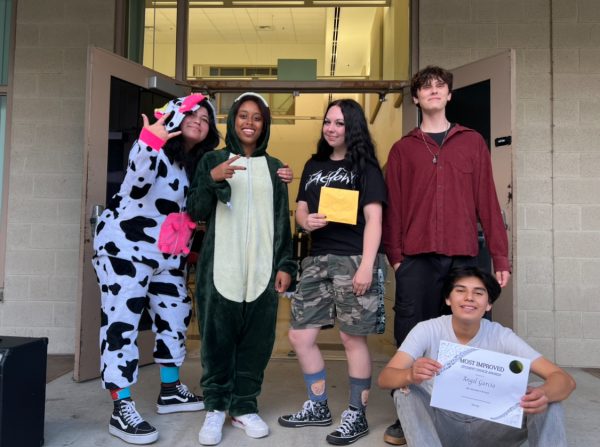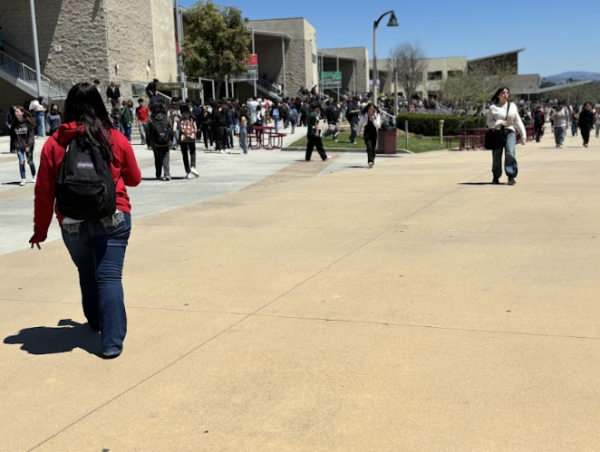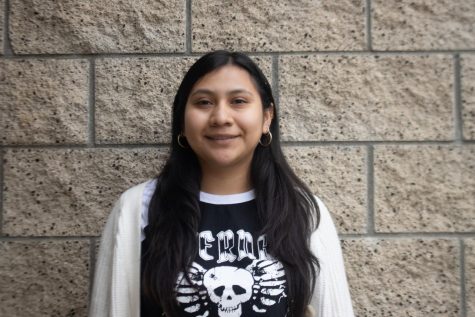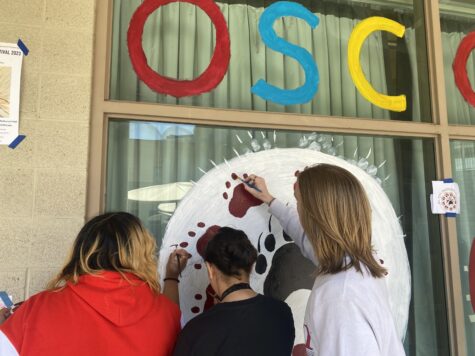“Model minority”: the stereotype that hurts everyone
Ideals of a minority demographic being higher achieving can be divisive and have harmful effects
Photo by Sophia Novelo
Asians are often described with traits that are perceived as complimentary, but the positive overtones these ideas carry are actually damaging for those who fit and do not fit the descriptions of a model minority.
Smart? Check. Prosperous? Check. Obedient? Even better. Starting as early as the 1900s, Asians have been defined and impacted by assumptions like this, creating the idea of a “model minority.” This not only affects Asians, but other racial groups in ways those unaware of the “model minority” may be surprised by.
The model minority myth is the idea that a minority demographic is higher achieving and more socioeconomically successful compared to the rest of the population. Asians are mainly generalized by this stereotype, and western media has only reinforced it. Asians are often described with traits that are perceived as complimentary, but the positive overtones these ideas carry are actually damaging for those who fit and do not fit the descriptions of a stereotypical Asian.
“I am aware of the model minority stereotype. I’ve seen how divisive it can be and the harmful effects of a person not being understood for who they are and minimizing their unique story and struggle,” said Cherryl Baker, school counselor.
The term “model minority” was first coined by an article written in 1966 by The New York Times Magazine author William Peterson. The article was written to assure Amercians that Japanese Americans are not dangerous as a result of the events of World War II; “problem minorities,” primarily targeting African Americans, were also addressed. According to TED-Ed, the use of these terms unethically compares the two races — both of which have faced oppression — and divides Asians from other minorities, disregarding the struggles and inequality they continue to face. “Model minority” hurts not only Asians, but racial groups surrounding the stereotype as well.
“Everyone is capable of achieving their dreams. It shouldn’t matter our ethnicity or appearance on whether we can do that or not. Just because we’re Asian and we’re supposedly ‘smarter’ doesn’t mean we’re all the same and definitely doesn’t mean we’re any smarter than other people,” freshman Samantha Nguyen said.
The model minority stereotype can have a box-like effect for those impacted by it. The stereotype categorizes people by traits they may or may not possess, and some may feel pressured to act in ways that do not confirm the false or negative stereotypes about their social group– also known as stereotype threat. This psychological threat unconsciously confines the actions of Asian Americans and signifies that the diversity of the Asian community is disregarded; Asia is the biggest continent made up of 48 countries and three territories, yet the problems of all these different cultures are grouped all together and ignored.
“I am Hmong, but we are grouped up with other East Asians like Korean, Japanese and Chinese, which are pretty well known minorities. So because we’re grouped up with them, society kind of glosses over the issues of our small Southeast ethnicity and the challenges we have faced,” senior Chloe Chang said.
On top of being called a stereotype, many Asian Americans face mental health stigmas and cultural norms influencing the idea that mental unwellness or illness is shameful and vulnerability is a weakness. According to Mental Health America, the racial group least likely to seek mental health help is Asian Americans.
Accessing resources such as Mental Health America’s screening tests, the Asian Mental Health Collective and the Crisis Text Line are easy ways for Asian Americans to seek help. Mission Hills also has clubs on campus including the Asian Pacific Coalition and Philippines Appreciation Club that celebrate the Asian community. Find out more about the clubs at their Instagram pages @mhhsapc and @mhhspac.
Edited June 15, 2023: Updated to include TED-Ed as a source and inspiration for the article.
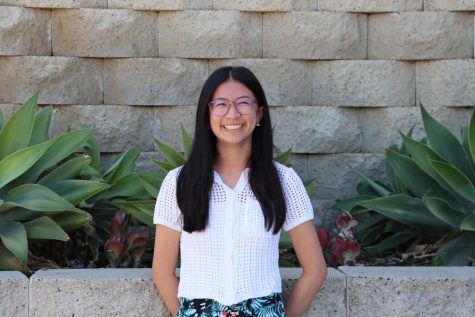
(She/her) Samantha Wong is a senior and has returned for her fourth year in journalism. In her free time, Samantha enjoys reading, sewing, drawing, and...

(She/her/hers) Lori Nishiguchi is a sophomore who joined the Silvertip in 2021. Lori believes that unbiased, truthful information is key to an accurately...
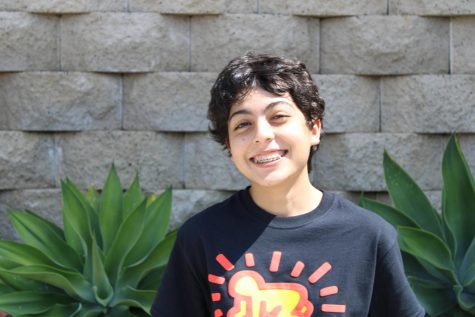
(She/Her) Sophia Novelo is a senior and this is her second year in journalism. As an Editor-in-Chief, Sophia fosters an environment in which students'...

